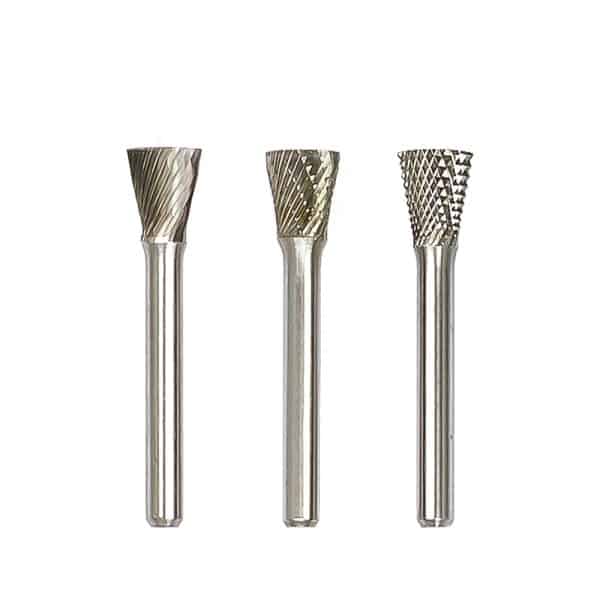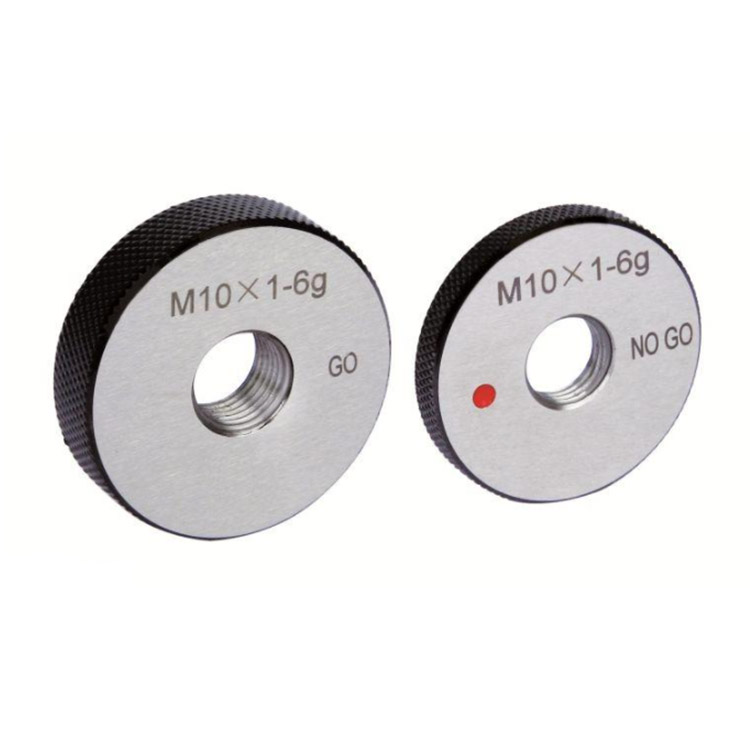Wholesale ACME threading insert
Choosing the correct wholesale ACME threading insert involves understanding various factors like material, pitch, coating, and application. This guide covers the key considerations for selecting the optimal insert for your threading needs, ensuring precision, efficiency, and cost-effectiveness in your machining operations. Learn about different types, grades, and practical tips for achieving superior thread quality and extended tool life.
What is an ACME Threading Insert?
An ACME threading insert is a specialized cutting tool used for creating ACME threads on various materials. ACME threads are trapezoidal threads commonly used in lead screws and other applications requiring smooth, low-friction movement. These inserts are designed to fit into a tool holder and precisely cut the thread profile as the workpiece rotates.
Types of ACME Threads
There are several types of ACME threads, each with its own specific profile and application:
- General Purpose ACME: Used for most standard applications.
- Centralizing ACME: Designed for applications requiring precise alignment and minimal backlash.
- Stub ACME: A shorter thread form used when space is limited.
Understanding the specific type of ACME thread required for your application is crucial in selecting the correct wholesale ACME threading insert.
Key Considerations When Choosing Wholesale ACME Threading Inserts
Selecting the right wholesale ACME threading insert involves careful consideration of several factors. This ensures optimal performance, longevity, and cost-effectiveness. Here are some key aspects to evaluate:
Material Compatibility
The material of the ACME threading insert should be compatible with the material of the workpiece. Common insert materials include:
- Carbide: Best for machining steel, stainless steel, and cast iron.
- High-Speed Steel (HSS): Suitable for softer materials like aluminum and brass.
- Ceramic: Ideal for high-temperature alloys and hardened materials.
Refer to the manufacturer's recommendations to choose the appropriate material for your application.
Insert Grade and Coating
The grade and coating of the insert significantly impact its performance and lifespan. Common coatings include:
- Titanium Nitride (TiN): General-purpose coating for increased wear resistance.
- Titanium Carbonitride (TiCN): Enhanced wear resistance and toughness.
- Aluminum Oxide (Al?O?): Excellent for high-speed machining of ferrous materials.
Consider the specific requirements of your machining operation to select the optimal coating. You can find a wide array of ACME threading inserts with various coatings at Wayleading Tools.
Pitch and Thread Size
The pitch and thread size of the insert must match the specifications of the ACME thread you intend to create. Ensure that the insert is designed for the correct pitch (threads per inch) and thread size. Refer to thread charts and technical drawings to verify compatibility.
Insert Geometry
The geometry of the ACME threading insert affects its cutting performance and chip control. Key geometric features include:
- Relief Angle: Provides clearance between the insert and the workpiece.
- Cutting Edge Angle: Influences the cutting force and chip formation.
- Chipbreaker Design: Helps to break and evacuate chips efficiently.
Choose an insert geometry that is optimized for your specific machining conditions.
Tool Holder Compatibility
Ensure that the wholesale ACME threading insert is compatible with your existing tool holder. Inserts come in various shapes and sizes, so verify that the insert fits securely and accurately into the tool holder.
Troubleshooting Common Issues
Even with the correct wholesale ACME threading insert, problems can arise. Here are some common issues and potential solutions:
Poor Thread Quality
If the threads are rough or inconsistent, check the following:
- Insert Wear: Replace worn or damaged inserts.
- Cutting Parameters: Adjust the cutting speed, feed rate, and depth of cut.
- Coolant: Ensure proper coolant flow to reduce heat and friction.
Premature Insert Failure
If the insert is failing prematurely, consider the following:
- Material Compatibility: Verify that the insert material is suitable for the workpiece.
- Overload: Reduce the cutting load by adjusting the feed rate and depth of cut.
- Vibration: Minimize vibration by ensuring a rigid setup and using appropriate damping techniques.
Chatter
Chatter can occur during threading operations. Here are some steps to mitigate it:
- Increase Rigidity: Ensure that the workpiece and tool holder are securely mounted.
- Reduce Speed: Lower the cutting speed to reduce vibration.
- Use Dampening: Employ vibration dampening tools or materials.
Examples and Use Cases
Let's examine some practical examples of how wholesale ACME threading inserts are used in different industries:
Aerospace Industry
In the aerospace industry, ACME threading inserts are used to manufacture lead screws for aircraft landing gear and control systems. The high precision and reliability of ACME threads are critical for these applications. The inserts must be capable of machining high-strength alloys like titanium and Inconel.
Automotive Industry
In the automotive industry, ACME threading inserts are used in the production of steering mechanisms and adjustable components. These applications require inserts that can produce accurate and durable threads on a variety of materials, including steel and aluminum.
Medical Equipment Manufacturing
In the medical equipment industry, ACME threading inserts are used to create threads for adjustable components in surgical instruments and medical devices. These applications demand high precision and cleanliness, often requiring the use of specialized coatings and materials.
Where to Buy Wholesale ACME Threading Inserts
When purchasing wholesale ACME threading inserts, consider reputable suppliers that offer high-quality products and technical support. Here are some factors to consider:
- Quality Assurance: Look for suppliers with robust quality control processes.
- Technical Support: Choose suppliers who can provide technical assistance and application advice.
- Competitive Pricing: Compare prices from multiple suppliers to ensure you are getting a fair deal.
Wayleading Tools is a trusted supplier of high-quality ACME threading inserts. Visit our website at www.wayleading.com to explore our product range and request a quote.
Conclusion
Selecting the right wholesale ACME threading insert is essential for achieving high-quality threads and efficient machining operations. By considering factors such as material compatibility, insert grade, pitch, and geometry, you can optimize your threading process and reduce costs. With proper selection and maintenance, ACME threading inserts can provide reliable performance and extend tool life, ensuring superior thread quality in your applications.
Related products
Related products
Best selling products
Best selling products-
 Precision V Block And Clamps Set With High Quality Type
Precision V Block And Clamps Set With High Quality Type -
 HSS 3PCS DIN352 Hand Tap Set With Taper And PLUG Or Bottoming Tap
HSS 3PCS DIN352 Hand Tap Set With Taper And PLUG Or Bottoming Tap -
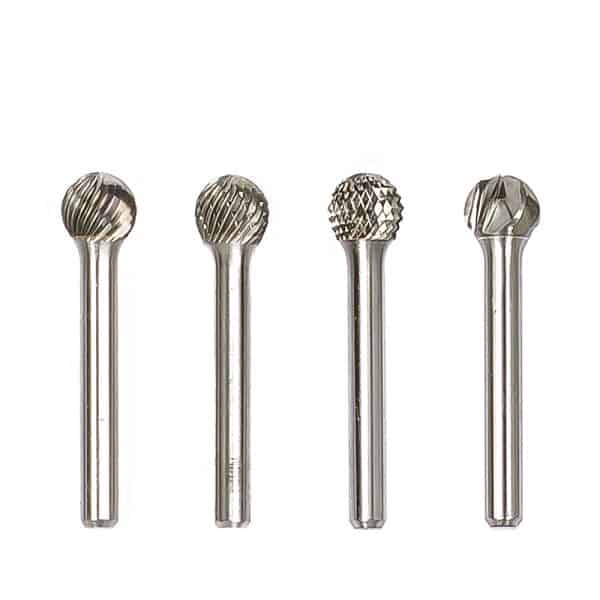 Type D Ball Tungsten Carbide Rotary Burr
Type D Ball Tungsten Carbide Rotary Burr -
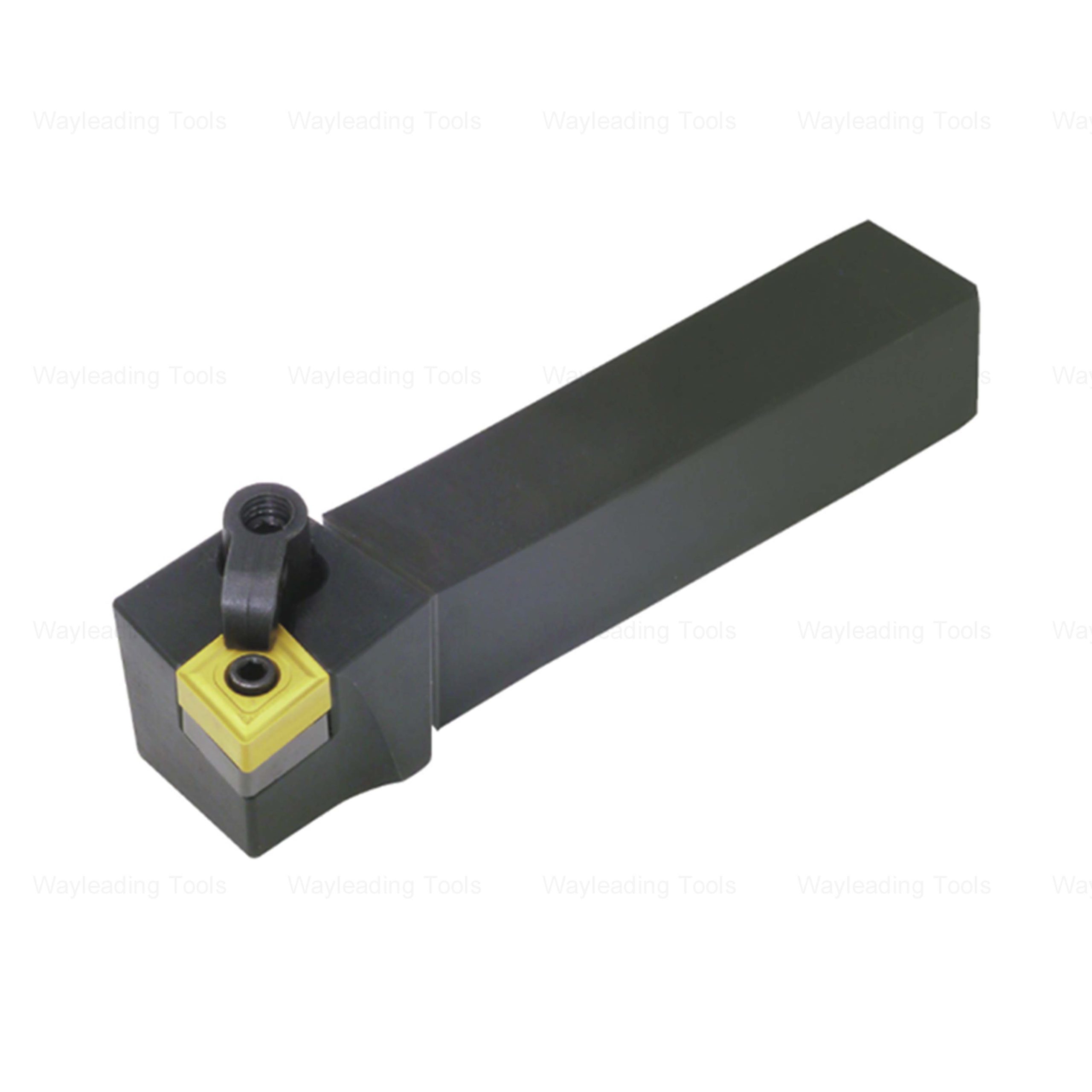 MCLN Indexable Turning Tool Holder – Right- and Left-Hand Types
MCLN Indexable Turning Tool Holder – Right- and Left-Hand Types -
 Electronic Digital Height Gauge From 300 to 2000mm
Electronic Digital Height Gauge From 300 to 2000mm -
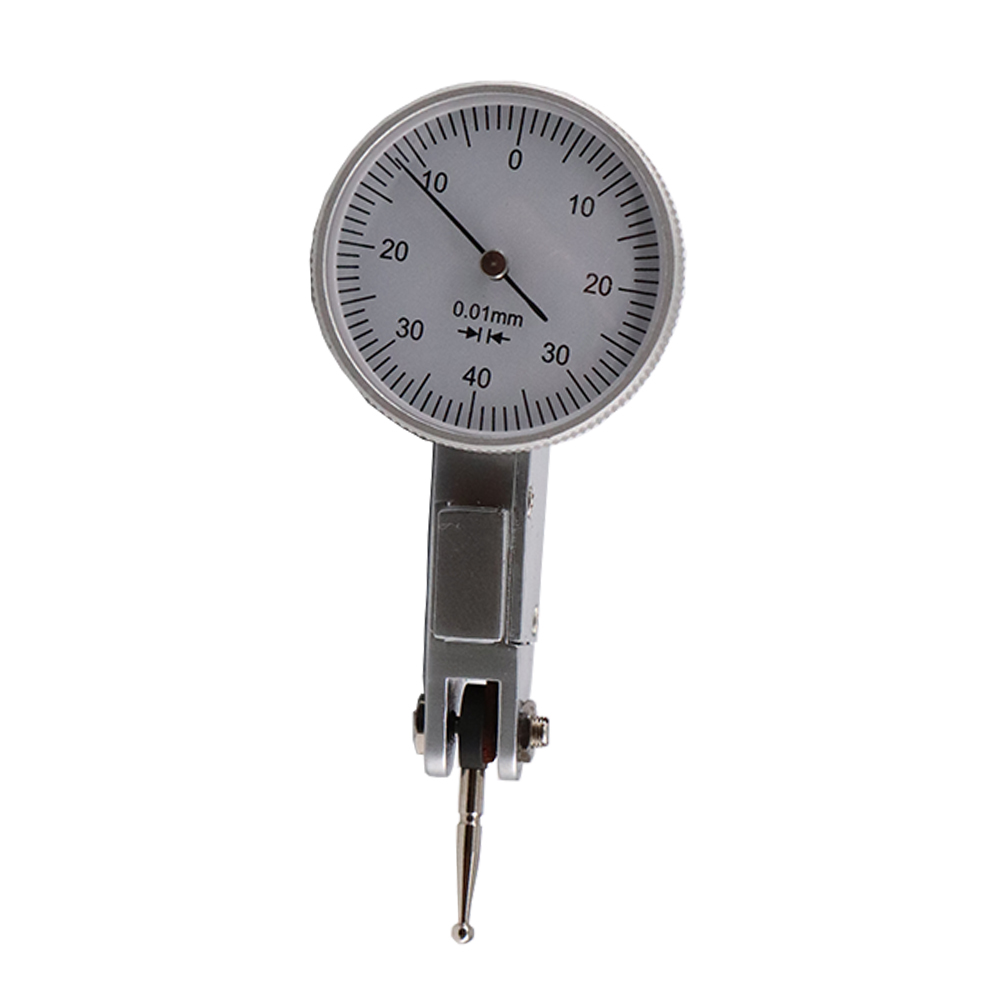 Precision Dial Test Indicator Gage For Industrial
Precision Dial Test Indicator Gage For Industrial -
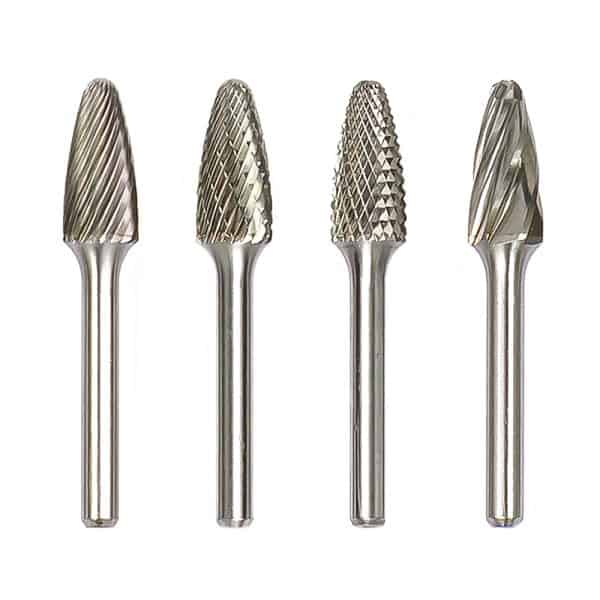 Type F Ball Nose Tree Tungsten Carbide Rotary Burr
Type F Ball Nose Tree Tungsten Carbide Rotary Burr -
 Precision Dial Test Indicator Holder For Industrial
Precision Dial Test Indicator Holder For Industrial -
 Double-beam Digital Gauge With Digital Counter
Double-beam Digital Gauge With Digital Counter -
 Precision IP67 Digital Caliper With Data Output For Industrial
Precision IP67 Digital Caliper With Data Output For Industrial -
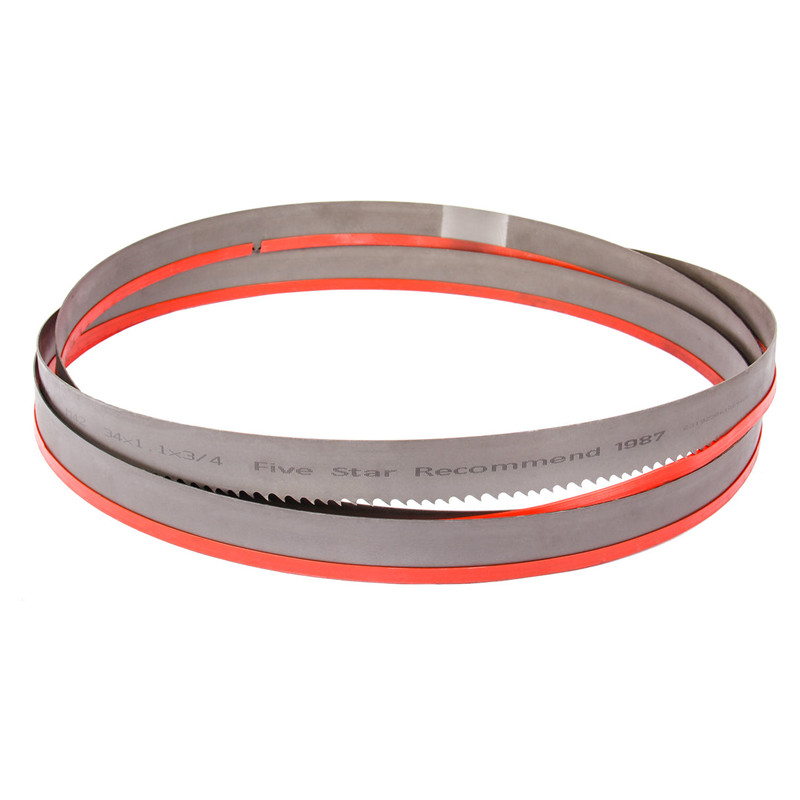 M51 Bi-Metal Bandsaw Blades For Industrial Type
M51 Bi-Metal Bandsaw Blades For Industrial Type -
 Precision Monoblock Vernier Caliper With Nib Style Jaws Of Metric & Imperial For Industrial
Precision Monoblock Vernier Caliper With Nib Style Jaws Of Metric & Imperial For Industrial




